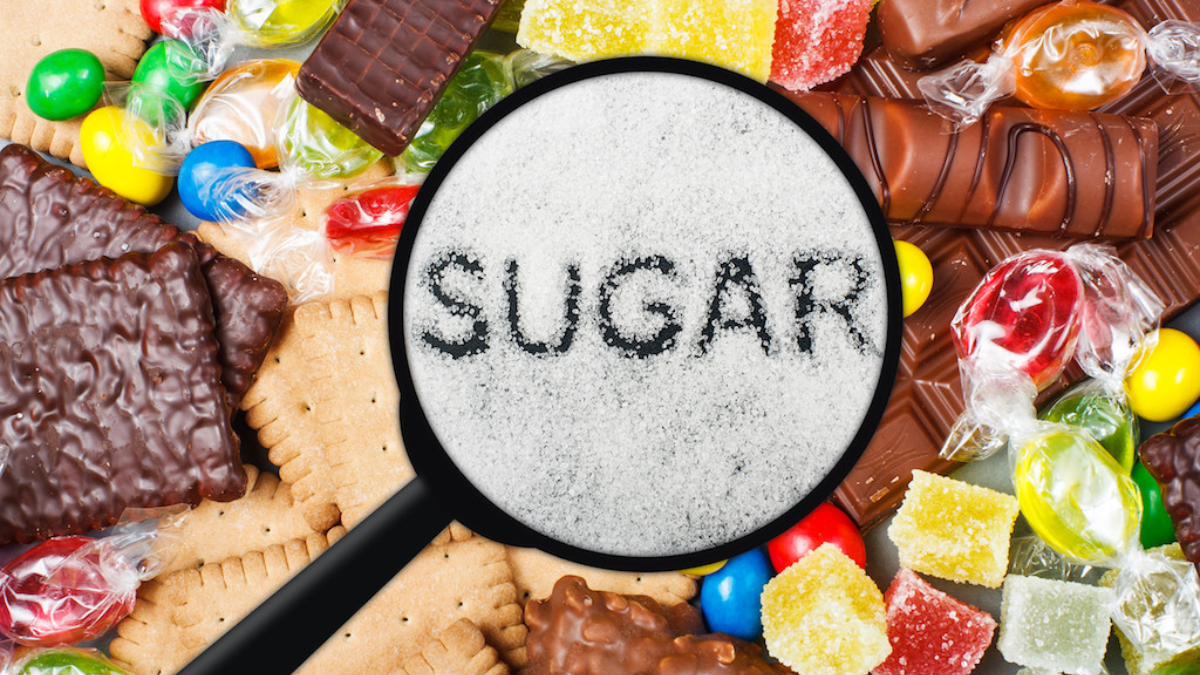
That innocent cookie you grab during your afternoon slump or the soda you sip while working late might be doing more than satisfying a craving. According to health coach and certified nutritionist Miruna Bashkar, sugar addiction is a silent yet powerful influence on our bodies, and many people don’t even realise they’re hooked.
Table of Content:-
In a revealing social media post, Bashkar shared 10 warning signs that indicate your body may be dangerously reliant on sugar. These symptoms can creep in subtly but impact your health in significant ways.
Shocking Signs You’re Addicted To Sugar
View this post on Instagram
Your Taste Buds Are Going Numb
If your favourite desserts don’t taste as sweet as they once did, that’s a red flag. Overconsumption of sugar dulls your taste receptors, making natural sweetness seem bland. This can cause you to crave even more sugar to feel satisfied, creating a vicious cycle.
Also Read: Climbing Craze Comes With A Catch: Experts Warn Indoor Climbing May Harm Your Lungs
Breakouts and Premature Ageing
Skin troubles like acne and early wrinkles might be a result of your sugar habits. High sugar levels trigger glycation — a process that damages collagen and elastin, which are crucial for healthy, youthful skin. The result? Inflammation, breakouts, and faster ageing.

Achy Joints and Muscles
Suffering from random muscle or joint pain? It might not be just ageing or overexertion. Sugar promotes inflammation in the body, which can manifest as stiffness and discomfort in your joints and muscles, especially if consumed excessively.
Also Read: Fart Walks: The Surprising New Exercise Backed by Doctors for Healthy Ageing
Cavities Are Creeping In
We’ve all been warned since childhood that sugar leads to tooth decay, and it’s true. The sugar you eat feeds bacteria in your mouth, producing acids that weaken enamel and cause cavities. Frequent sweet snacking increases this risk significantly.

You’re Always Tired
While sugar might give you a short-lived energy boost, it usually leads to a crash soon after. These highs and lows drain your body, leaving you feeling perpetually tired and foggy-headed — another sign that your body isn’t managing sugar well.
Gut Troubles
If you’re dealing with bloating, irregular digestion, or an upset stomach, excess sugar could be the culprit. Sugar feeds harmful gut bacteria and yeast, throwing off your gut microbiome’s balance and compromising your digestive health.

Unwanted Weight Gain
Sugar is a sneaky contributor to fat storage. When your body receives more sugar than it can immediately use, it converts the excess into fat. Over time, this can lead to noticeable weight gain, particularly around the midsection.
You Struggle to Focus
Brain fog, poor concentration, and mental fatigue are often linked to blood sugar imbalances. When you consume a lot of sugar, your brain experiences a temporary boost in energy, followed by a crash that leaves you mentally exhausted.
Cravings That Won’t Quit
Ever notice how eating sugar makes you want more? That’s because sugar stimulates dopamine, the feel-good hormone, in the brain. It creates a reward cycle that mimics addiction and makes it difficult to resist future cravings.
You’re Getting Sick More Often
Too much sugar weakens your immune system. It reduces the ability of white blood cells to attack and destroy harmful pathogens, making you more prone to infections and illnesses.
What You Can Do
Recognising these signs is the first step. If several of these symptoms sound familiar, it might be time to cut back on added sugars and adopt a more balanced, nutrient-rich diet. Experts recommend eating whole foods, increasing protein and fibre intake, and staying hydrated to help curb sugar cravings naturally.
Bottomline
Sugar addiction is more common — and more harmful — than most people realise. By paying attention to these warning signs and making mindful dietary changes, you can take back control of your health and energy. As Miruna Bashkar says, it’s not about giving up sweetness forever, but about finding a healthier, sustainable balance.
Also watch this video
How we keep this article up to date:
We work with experts and keep a close eye on the latest in health and wellness. Whenever there is a new research or helpful information, we update our articles with accurate and useful advice.
Current Version